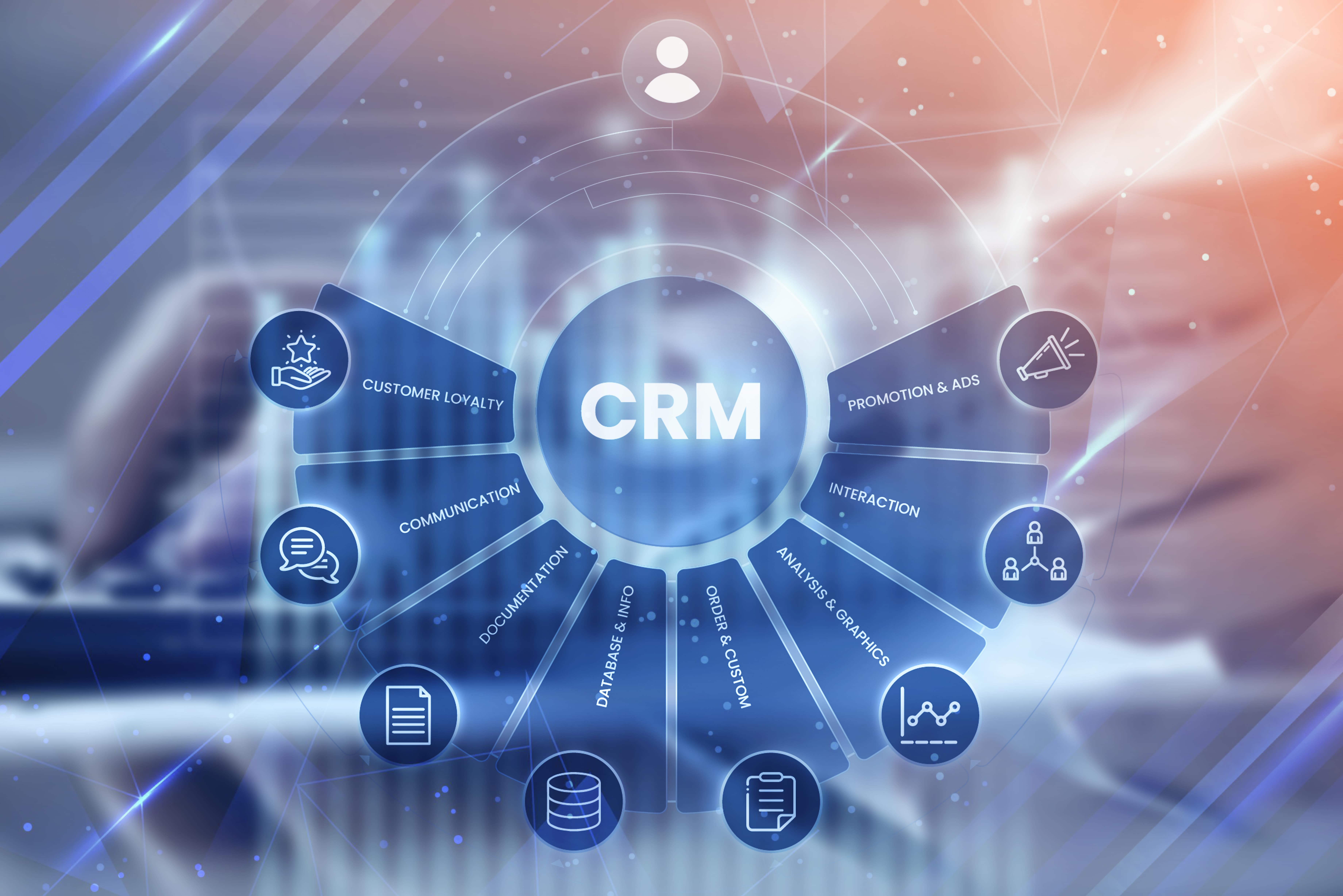Customer relationship management goes beyond technology platforms to include strategy, data analysis, and business objectives. CRMs (Customer Relationship Management) allow the comprehensive management of sales, marketing and customer service, taking advantage of the massification of technology and the personalization of relationships. The use of CRM has grown considerably, with more than 62% of Spanish companies using a CRM to analyze information and commercial purposes.
Author: Manuel Allegue
Electronic commerce: keys to not be left behind
The creation of an online store is important due to the growth of electronic commerce and the change in the mindset of consumers towards sustainability and local commerce. The benefits of having an online store include the opportunity to sell 24 hours a day, cost reduction, attracting more customers, better service and satisfaction, and differentiation from the competition. Zentricx offers technology solutions to help organizations in their transition to digital commerce.
Resilience, efficiency and sustainability: three axes of digital transformation for the agricultural sector
The agricultural sector has an opportunity to move towards efficiency and sustainability by leveraging digital technologies. The use of Big Data, cloud data processing, satellite imagery, and IoT technologies such as sensors, autonomous vehicles, and drones can improve decision-making, increase efficiency in irrigation and livestock management, reduce waste, and contribute to sustainability. Digital technologies also make it possible to monitor gas emissions and provide transparency in the supply chain through Blockchain. The adoption of these technologies provides competitive advantages in the agricultural market.
Logistics 4.0: technology to win the last mile
The pandemic has boosted e-commerce and home deliveries, highlighting the importance of the "last mile" in the customer experience. Logistics increasingly requires data management and the adoption of technologies such as artificial intelligence, Big Data and the Internet of Things to meet consumer demands. Despite the growth of electronic commerce, digitization in the logistics sector in Spain is still lagging behind. Last mile optimization is achieved through smart warehouses, route optimization with Big Data and real-time tracking, which improves profitability and customer experience.
Hybrid models and the new work paradigm – INFOBAE
The current challenge for companies is to retain talent, since its rotation generates confusion in front of the client. Teleworking, in remote or hybrid format, is a consolidated trend. Companies must focus on rescuing and reviving their corporate culture, promoting regular interactions, virtual meetings and activities outside the office. Flexibility is key to retaining talent, as are strategies like massive virtual events, CEO meetings, and school/university talks. Organizations must focus on their employees, manage their talent and provide effective onboarding.
How robotics is accelerating vertical farming
Vertical farms allow you to increase crop production in a sustainable and efficient way. Robotic technology and artificial intelligence are key in this process, optimizing everything from monitoring and sowing to harvest. The adoption of robotics in vertical farming will continue to grow as it can solve most challenges and improve the entire crop growth cycle.
SECURITAS
With the aim of improving investigation times to attract potential clients, Securitas called on Zentricx to implement a digital tool.
3 Industry 4.0 trends in Europe
Industry 4.0 faces challenges related to the energy crisis and the perception of unreachability for small and medium-sized companies. Data management is the starting point for digital transformation, prioritizing its ordering and strategic processing. The human factor and customer needs must guide any digital transformation strategy.
The double ring of industry 4.0: why technology needs to put people at the center
Industry 4.0 goes beyond digitization and focuses on human impact. The convergence of disruptive technologies transforms industrial practices and creates products and services aligned with market needs. It is necessary to combine technological enablers with a strategic and people-centered approach. The holistic vision of Industry 4.0 seeks relationships of trust and collaboration between all the actors in the ecosystem.
Smart service stations: digitization as a driver of conversion
Industries are embracing technology and data management to generate even more value in their business models and the oil and gas industry – especially gas stations – are no strangers to this phenomenon.











